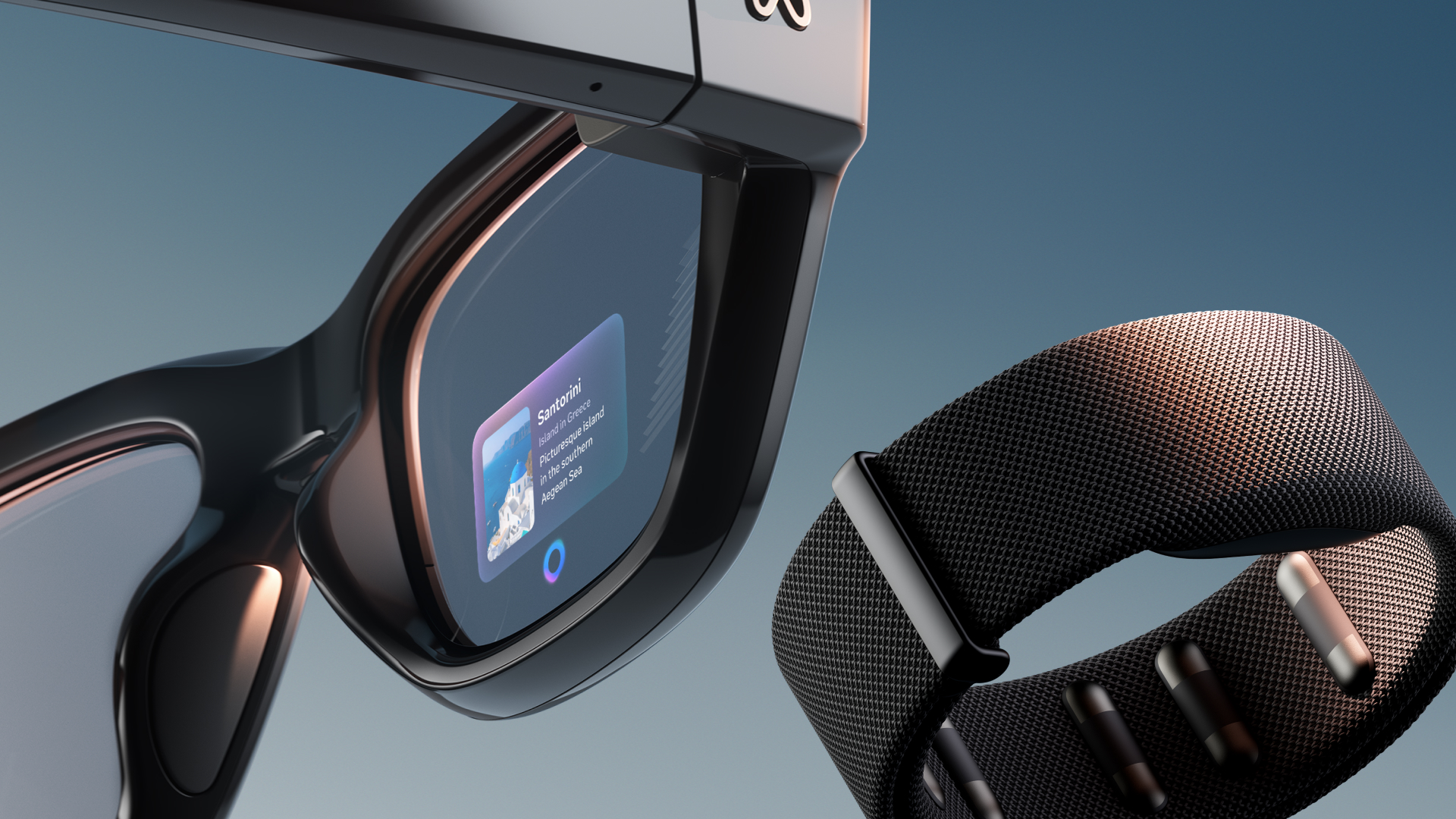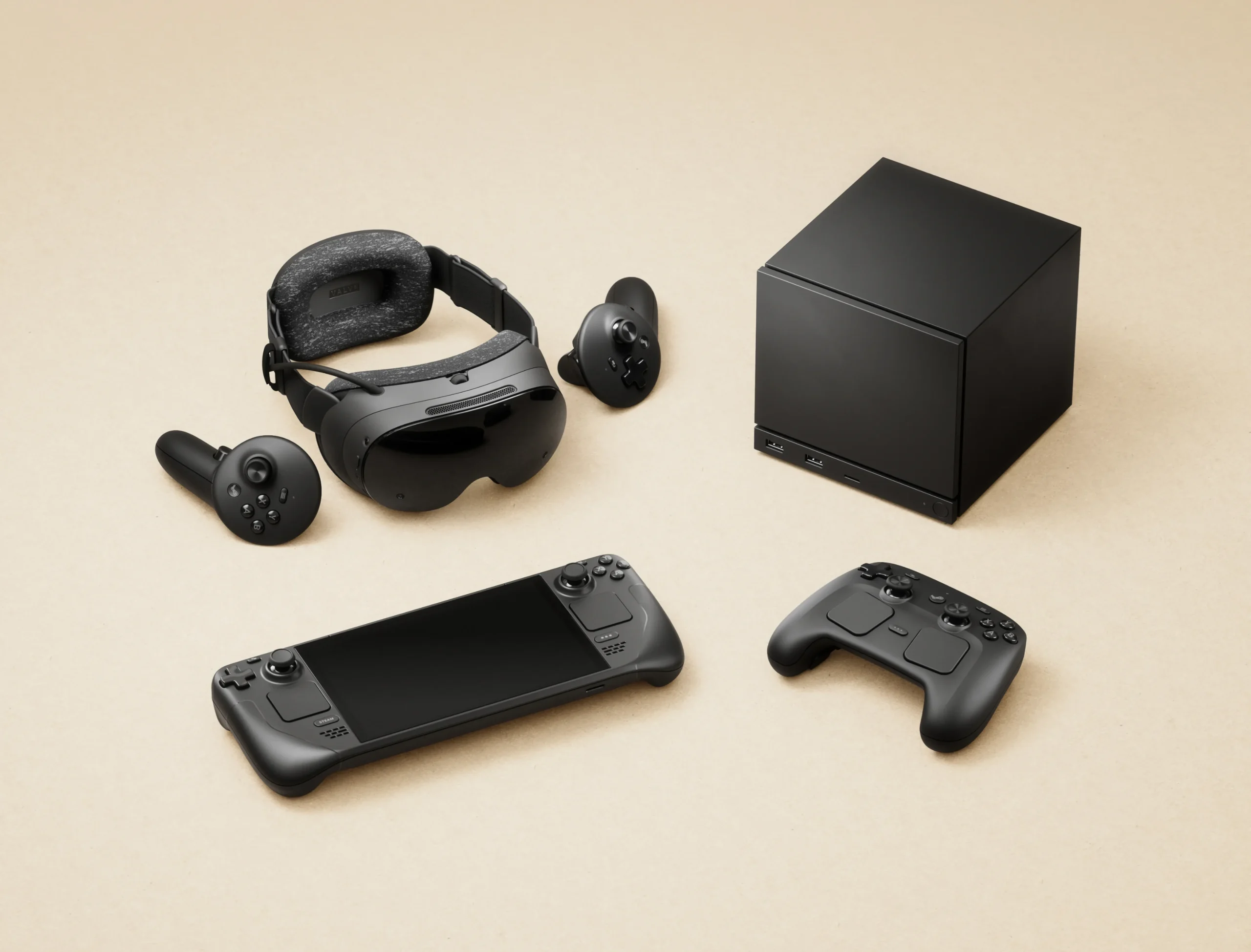Meta has unveiled its first public smart glasses featuring a built-in display, called the Meta Ray-Ban Display, bundled with a Meta Neural Band wrist controller. The company confirmed the product during Meta Connect 2025, placing a small heads-up display (HUD) in the right lens that lets users see content like messages, navigation, and Meta AI responses without pulling out a phone.
The HUD is monocular (visible only in the right eye) and sits slightly off center so it doesn’t block your full vision. Meta claims about 5,000 nits of brightness, a 600×600 resolution, and light leakage of only 2 percent so others nearby won’t see what’s on your screen.
The Ray-Ban Display weighs around 69 grams, heavier than standard Ray-Ban Meta glasses (52 grams) due to the added optics and electronics. The glasses are available in two colors (Black and Sand) and two sizes (standard and large).
Features
- Meta AI with visuals: see AI answers and step-by-step guides directly in the HUD.
- Messaging & video calls: hands-free viewing for WhatsApp, Messenger, and Instagram.
- Camera preview & zoom: use the HUD as a real-time viewfinder.
- Pedestrian navigation: turn-by-turn walking directions in your field of vision.
- Live captions & translation: spoken language displayed as text or translated instantly.
- Music & media: see what’s playing and control volume or tracks via gesture input.
Meta Neural Band
The Neural Band wrist controller uses sEMG (surface electromyography) to sense wrist muscle signals, enabling subtle gestures and finger motions as controls. It can handle navigation, selections, and even text input through swipe patterns. The band delivers haptic feedback, supports about 18 hours of use, and is IPX7 water-resistant.
Battery & Pricing
The glasses support around 6 hours of mixed use, with a collapsible charging case providing up to 30 extra hours. At launch, the Ray-Ban Display + Neural Band bundle will cost $799 USD and will be sold in the U.S. through Best Buy, LensCrafters, Ray-Ban stores, and Verizon. Preorders and demos will also be available at select retail locations, with scheduling accessible through Meta’s demo page.
Meta confirmed rollout to Canada, the U.K., France, and Italy beginning in early 2026.





